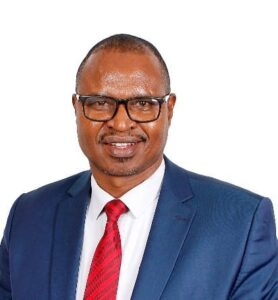Condom Use in Kenya: Unlocking the Full Potential

Esther Passaris’s Condom Day initiative shines a light on a crucial aspect of Kenya’s fight for improved sexual health – the underutilization of condoms. While the average use per man (14.6) falls short of the global target (40), it’s important to recognize this as a complex issue with multifaceted solutions.
Bridging the Gap to Reach Global Targets:
Myth Busters: Targeted campaigns debunking misconceptions and stigma surrounding condoms are crucial. Highlighting their triple protection against HIV, STIs, and unwanted pregnancies can shift perspectives.
Accessibility Matters: Expanding access through pharmacies, community centers, and mobile outreach programs in underserved areas ensures condoms are readily available.
Tailored Messaging: Crafting messages that resonate with specific demographics, ages, and cultural contexts is key. Young people, women, and marginalized communities require targeted approaches.
Addressing Disparities for Equitable Use:
Empowering Women: Programs tackling gender inequality and promoting female agency in sexual decision-making are essential. Equipping women with knowledge and resources is crucial.
Engaging Youth: Tailored education programs focusing on responsible sexual behavior and condom use can reach young people effectively. Peer-to-peer initiatives and addressing harmful social norms surrounding masculinity can also contribute.
Beyond Numbers: Recognizing the diverse needs of different age groups is vital. Tailoring messages and interventions to resonate with specific concerns and contexts is crucial.
Highlighting the Multifaceted Benefits:
Integrated Healthcare: Integrating sexual health education and condom promotion into existing healthcare services ensures a holistic approach to well-being.
Family Planning: Highlighting condoms as a reliable method for family planning can broaden their appeal and user base, especially among those seeking effective birth control options.
Community Champions: Engaging community leaders, influencers, and healthcare providers can champion the message of condom use as a cornerstone of sexual health. Utilizing trusted voices within communities can foster acceptance and promote behavior change.
A Call to Action:
Passaris’s initiative serves as a springboard for collective action. By understanding the challenges, addressing disparities, and emphasizing the multifaceted benefits of condoms, we can move towards a future where everyone in Kenya has access to the knowledge and resources needed to make informed choices about their sexual health.





